The application uses .NET 4.6.1 and the Microsoft.Azure.ServiceBus.EventProcessorHost nuget package v2.0.2, along with it's dependency WindowsAzure.ServiceBus package v3.0.1 to process Azure Event Hub messages.
The application has an implementation of IEventProcessor. When an unhandled exception is thrown from the ProcessEventsAsync method the EventProcessorHost never re-sends those messages to the running instance of IEventProcessor. (Anecdotally, it will re-send if the hosting application is stopped and restarted or if the lease is lost and re-obtained.)
Is there a way to force the event message that resulted in an exception to be re-sent by EventProcessorHost to the IEventProcessor implementation?
One possible solution is presented in this comment on a nearly identical question: Redeliver unprocessed EventHub messages in IEventProcessor.ProcessEventsAsync
The comment suggests holding a copy of the last successfully processed event message and checkpointing explicitly using that message when an exception occurs in ProcessEventsAsync. However, after implementing and testing such a solution, the EventProcessorHost still does not re-send. The implementation is pretty simple:
private EventData _lastSuccessfulEvent;
public async Task ProcessEventsAsync(
PartitionContext context,
IEnumerable<EventData> messages)
{
try
{
await ProcessEvents(context, messages); // does actual processing, may throw exception
_lastSuccessfulEvent = messages
.OrderByDescending(ed => ed.SequenceNumber)
.First();
}
catch(Exception ex)
{
await context.CheckpointAsync(_lastSuccessfulEvent);
}
}
An analysis of things in action:

A partial log sample is available here: https://gist.github.com/ttbjj/4781aa992941e00e4e15e0bf1c45f316#file-gistfile1-txt